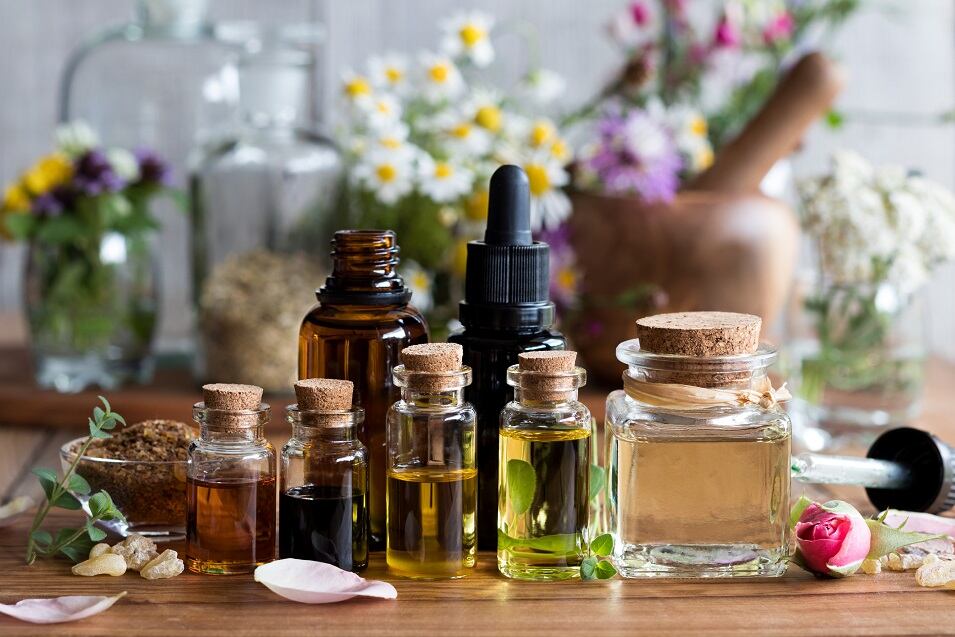The move by UNESCO sees fragrance join the organisation’s Intangible Cultural Heritage of Humanity list, which aims to preserve the world’s ‘most precious’ traditions.
The area is particularly world-renowned for its fragrant “Rose de Mai” (May rose) and Jasmine, sustainably cultivated for Firmenich, as well as for many French Luxury Houses.
Grasse: specially selected
According to Firmenich, one of the fragrance houses that are dominant in the Grasse region, the area has been recognized by Unesco’s specialized committee for its unique perfumery ‘savoir-faire’, which includes the cultivation of perfume plants, the knowledge and processing of natural raw materials, and the art of perfume composition.
“Since the 16th century, Grasse has been the cradle of perfumery and the global guardian of its unique heritage. With Firmenich’s Naturals Center of Excellence in Grasse, we are proud to be part of this exceptional tradition,” confirmed Armand de Villoutreys, President Perfumery & Ingredients, Firmenich.
“UNESCO’s world heritage status guarantees that we can safeguard Grasse’s collective savoir-faire and natural ingredients for generations to come.”
Unique environment for the tradition of perfumery
Grasse and its surrounding area offer a unique environment, from soil quality and sunlight to temperature, ideally suited to nurture exceptional flowers at the heart of perfumery creation, the fragrance house says.
“Having grown up in Grasse, the heart of perfumery, I carry with me a deep respect and understanding of flowers and nature, and the beauty they bring to fragrance,” said Fabrice Pellegrin, Perfumer, Firmenich. “I love to spend time in flower fields to feed my inspiration, while sharing the essence of Grasse with the next generation of perfumers to keep the magic of Grasse alive.”




